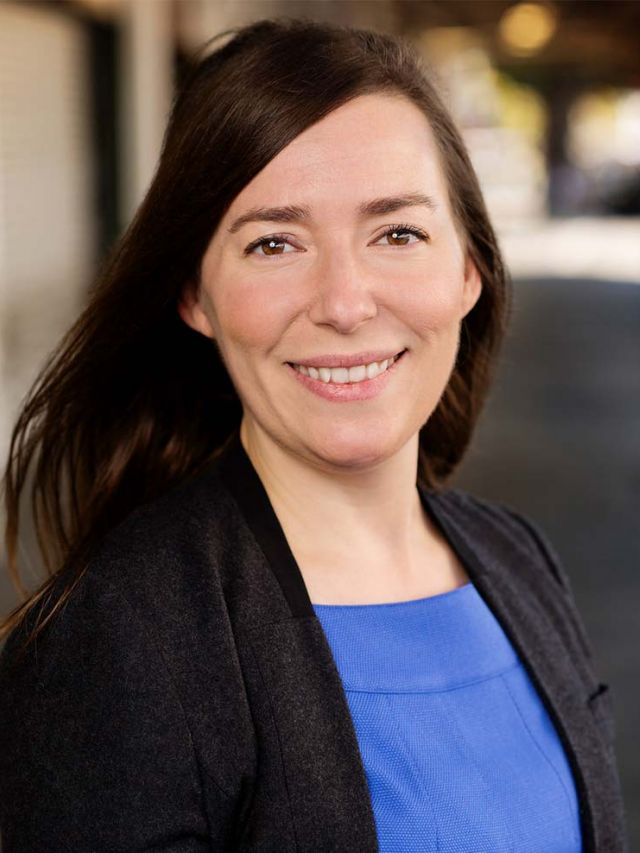Breadcrumb
Samara Geller
Samara Geller works on a variety of toxics and chemical transparency issues, including food packaging, antimicrobials and cleaning products. She focuses on developing and expanding EWG’s healthy cleaning consumer guides and programs, including EWG VERIFIED® Cleaning Products, helping to raise consumer awareness and influence market change. Geller manages EWG’s Guide to Healthy Cleaning, which reviews and rates more than 3,100 household products based on ingredient hazards and disclosure. She also contributes to EWG’s California policy efforts.
In 2015, Geller helped introduce much-needed cleaners disclosure legislation in the state. Most recently, she was part of a team of nonprofit organizations and industry stakeholders that negotiated to help pass the Cleaning Product Right to Know Act of 2018.






